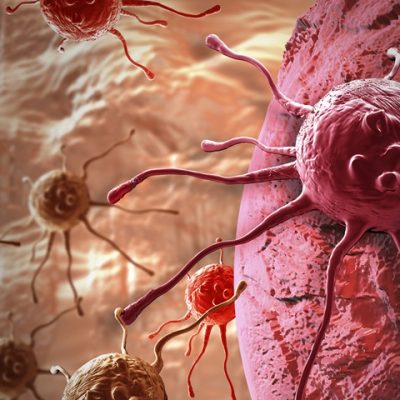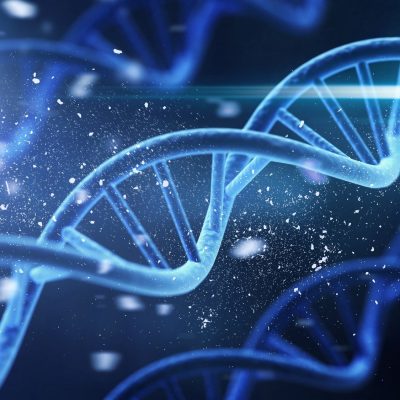As the world continues to grapple with the widespread impacts of the COVID-19 pandemic, it’s essential to highlight how it has disproportionately affected populations, particularly vascular aging women. Recent studies reveal that these women face heightened risks for vascular complications due to changes in their cardiovascular health. For instance, a study indicated that COVID-19 is linked to an accelerated rate of arterial stiffening, worsening pre-existing conditions in women with vascular aging. According to research published in the Medical News Today, women infected with the virus exhibited increased risk for cardiovascular disease, reflecting an alarming trend in vascular aging among this demographic. This article explores the multifaceted relationship between COVID-19 and vascular aging in women, discussing risk factors, recent statistics, and measures for health improvement.
The Impact of COVID-19 on Vascular Health in Women
The impact of COVID-19 on vascular health is particularly concerning for vascular aging women. Recent statistics suggest that women, particularly those over 50, are experiencing more severe cases of arterial stiffening following COVID-19 infection. According to the findings from the CARTESIAN study, the link between COVID-19 and vascular aging is both direct and significant. The study highlights that women who contracted the virus demonstrated notable increases in arterial stiffness, a vital indicator of vascular health. Furthermore, the hormonal changes associated with menopause may exacerbate these complications, further increasing cardiovascular risks. Addressing these risks is crucial for improving outcomes and promoting vascular health among aging women.
Understanding Vascular Aging and its Challenges
Vascular aging is marked by significant physiological changes in the blood vessels, which can lead to increased blood pressure and other cardiovascular diseases. Women undergoing this vascular aging process often face unique challenges, especially in the context of hormonal changes during menopause. Research has shown that the loss of estrogen, a hormone that has protective cardiovascular effects, can lead to accelerated vascular changes. A study from the Canadian Journal of Cardiology discusses how estrogen depletion can increase arterial stiffness and promote adverse vascular remodeling.
📊 Key Risks Associated with Vascular Aging
- Increased blood pressure: Diminished vascular elasticity
- Cardiovascular diseases: Higher prevalence in aging women
Strategies for Managing Vascular Aging
To mitigate the risks of vascular aging exacerbated by COVID-19, certain lifestyle changes and medical interventions can be beneficial. Regular physical activity, management of stress levels, and dietary modifications can aid in maintaining vascular health. According to the National Center for Biotechnology Information, incorporating a healthy diet rich in fruits, vegetables, and whole grains can improve vascular function and potentially reverse some effects of aging. Additionally, routine cardiovascular screenings are crucial for early detection and management of emerging conditions.
Key Takeaways and Final Thoughts
In summary, the link between vascular aging women and the ongoing pandemic highlights the need for increased awareness and proactive health measures. Understanding the risks and actively managing health can mitigate these challenges. It is essential to focus on heart health not only during the pandemic but also as a long-term strategy to combat vascular aging.
❓ Frequently Asked Questions
How does COVID-19 affect vascular health in women?
COVID-19 can lead to increased arterial stiffness and cardiovascular risks, particularly in women with existing health conditions, reflecting the urgent need for comprehensive health strategies. Addressing these concerns is critical.
What lifestyle changes can help manage vascular aging?
Incorporating regular exercise, balanced nutrition, and stress management can significantly improve vascular health. Engagement in these activities is crucial to mitigate aging effects.
To deepen this topic, check our detailed analyses on Nutrition & Diet section







